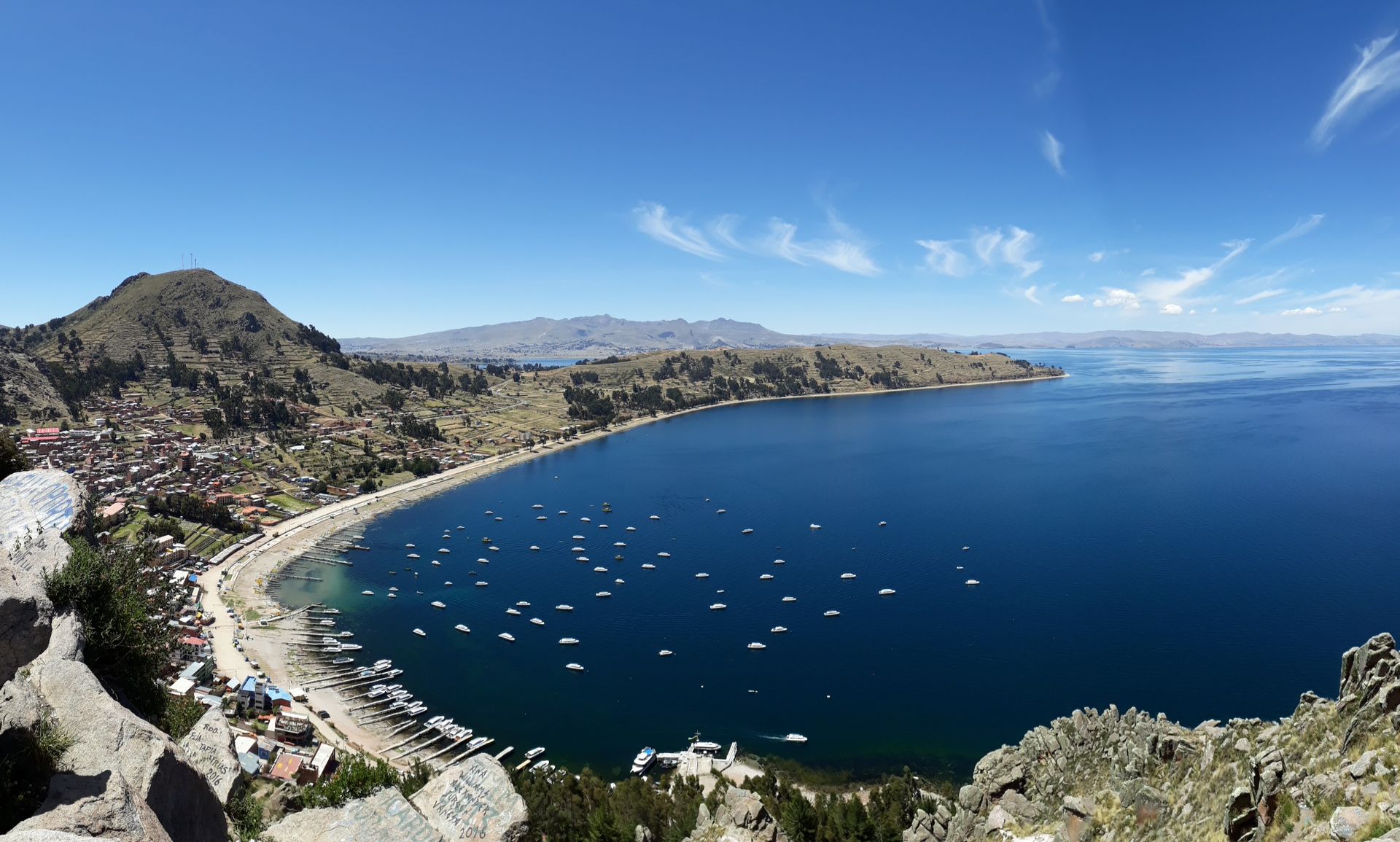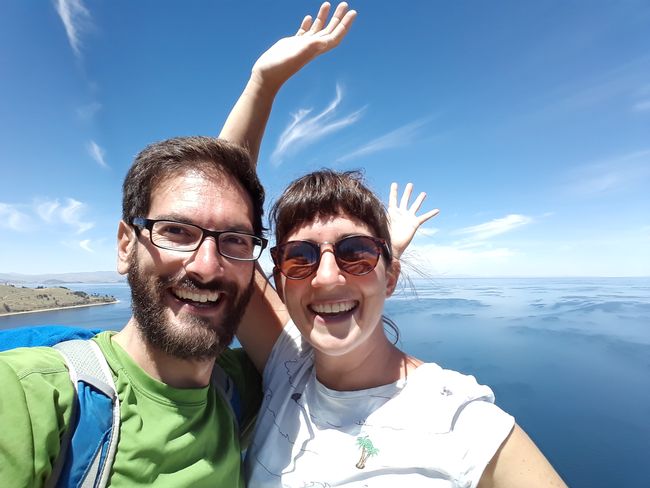Welcome to Bahia!
E hatisitsoe: 08.10.2017
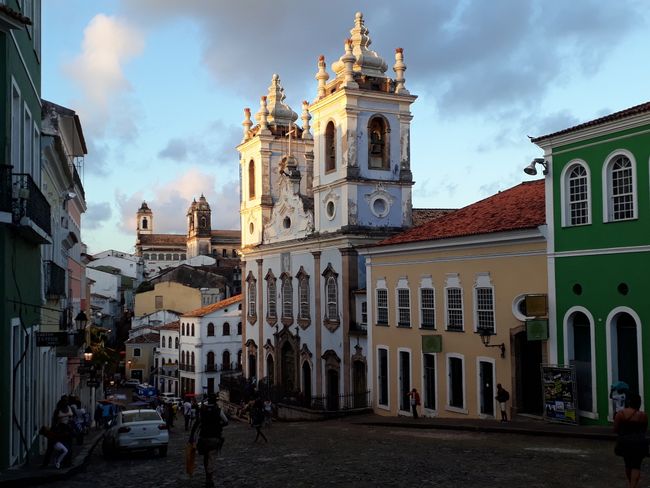
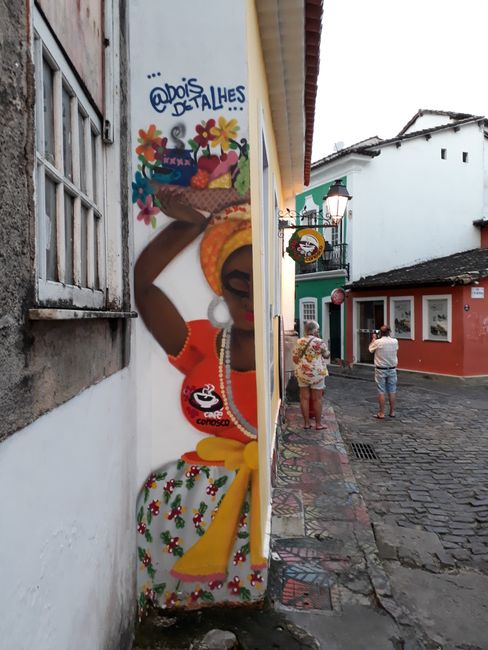
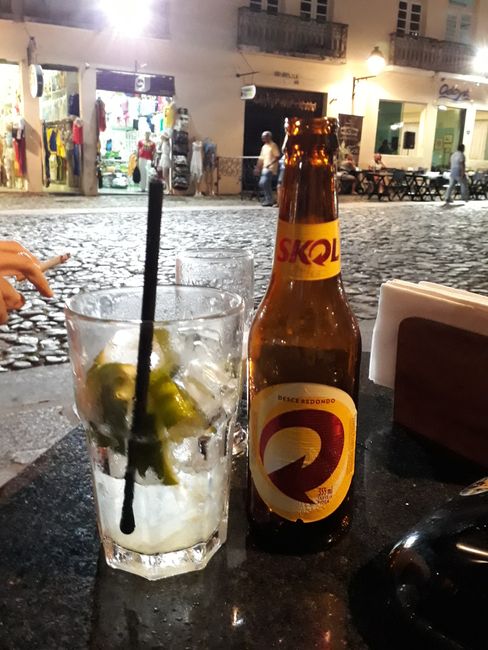
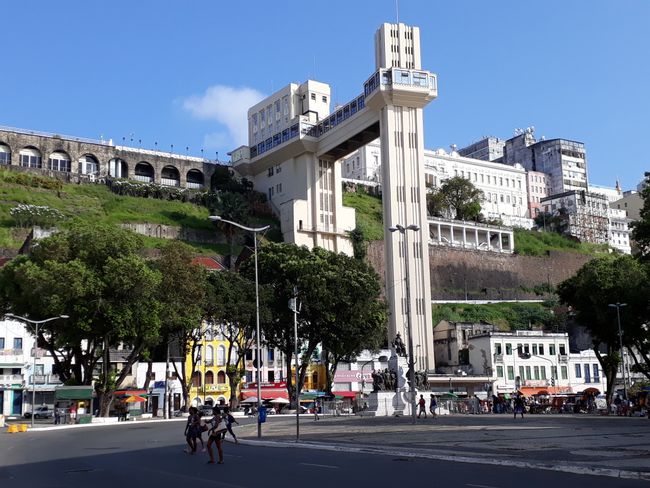
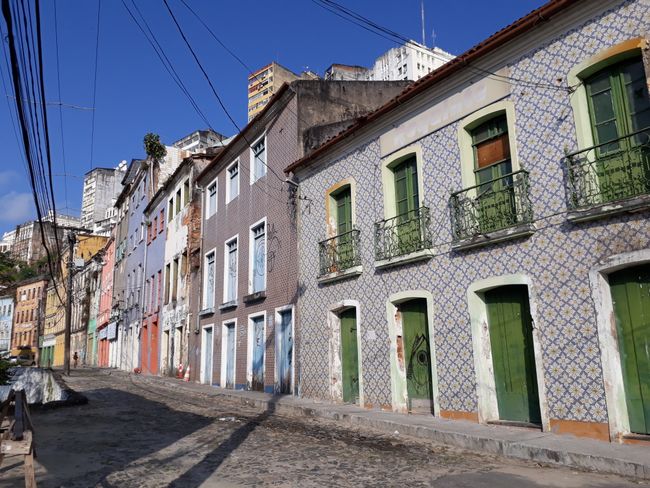
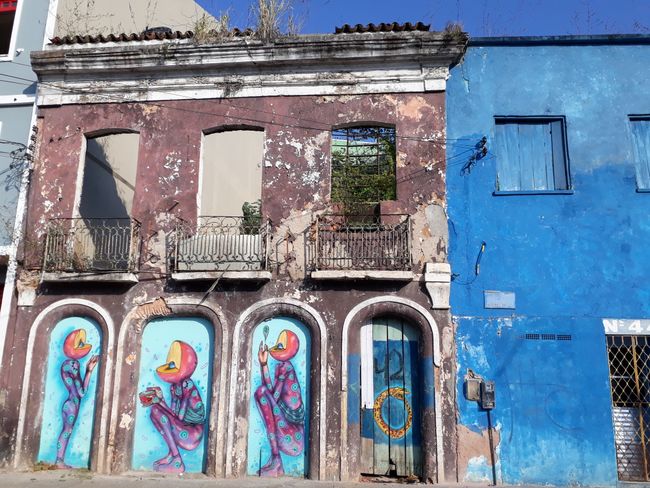
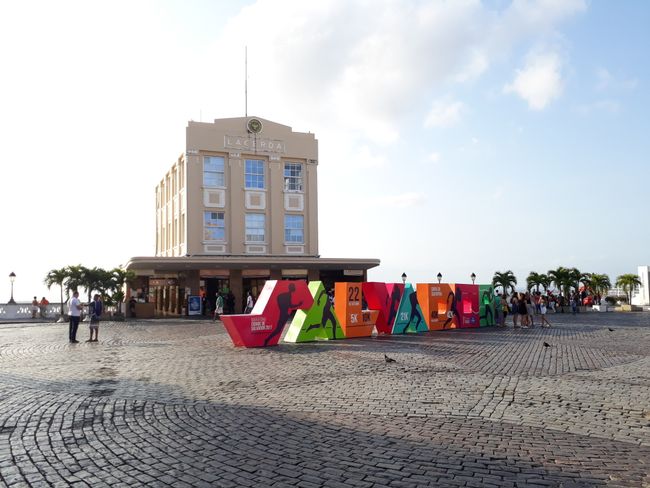
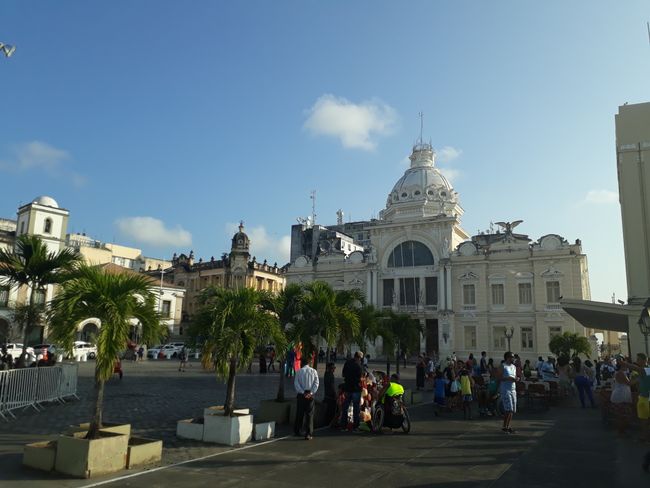
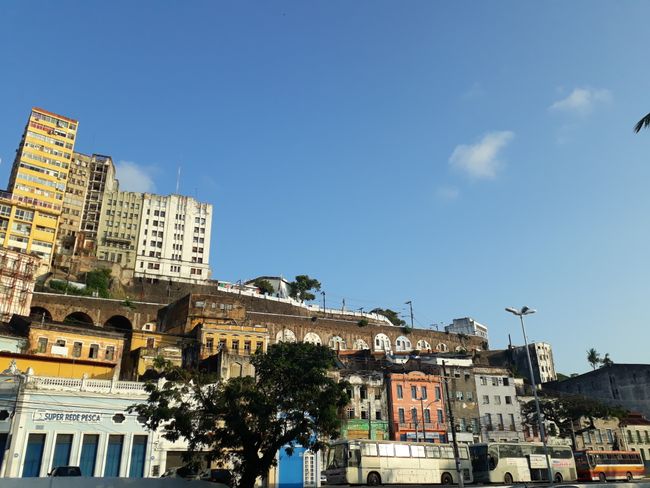
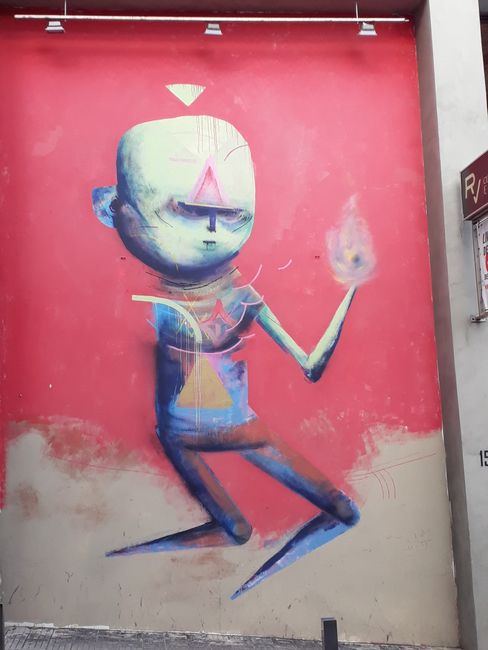
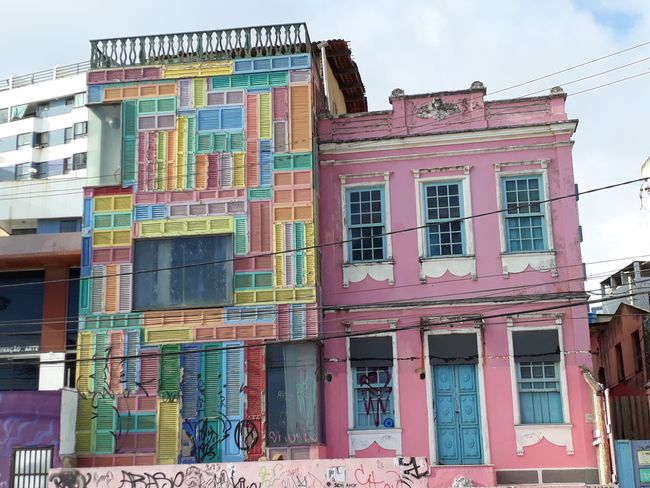
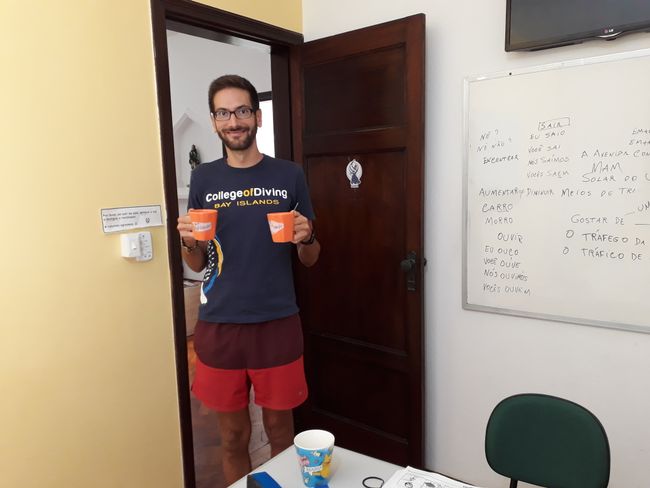
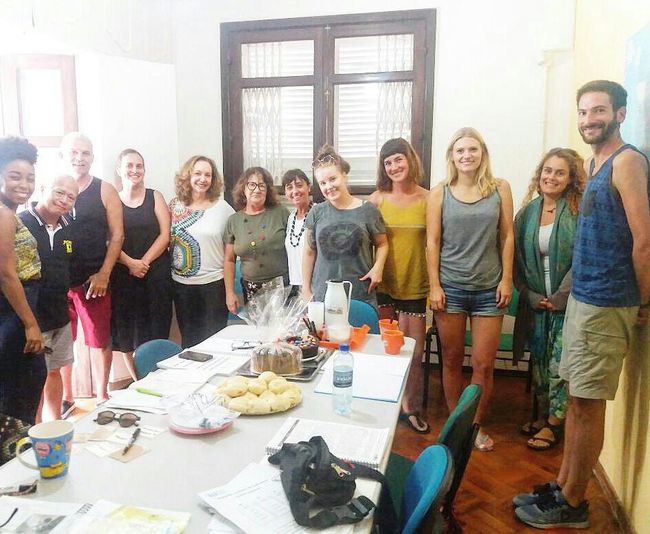
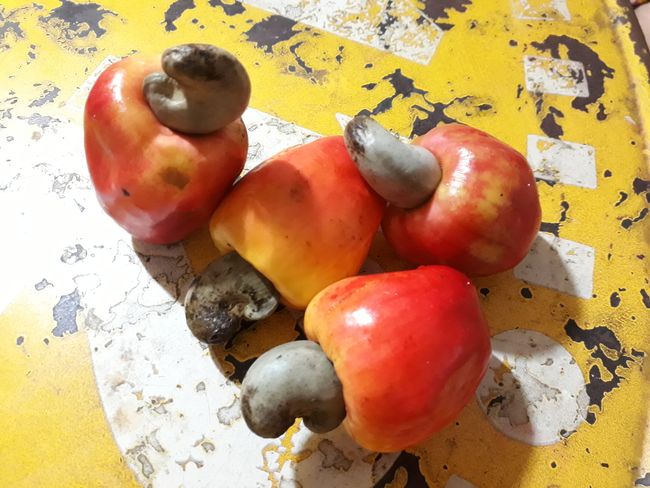
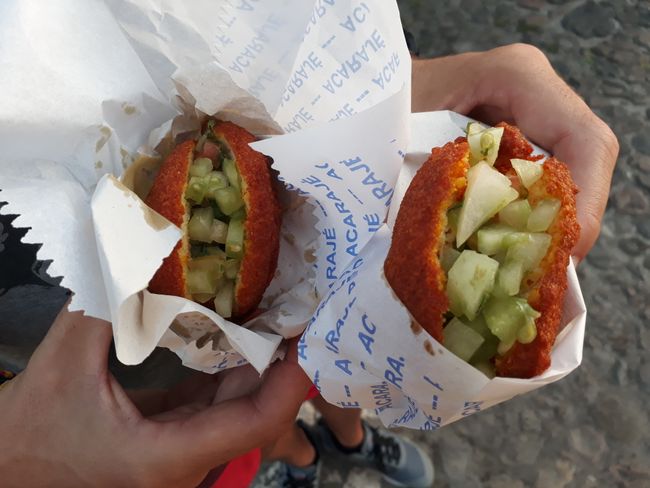
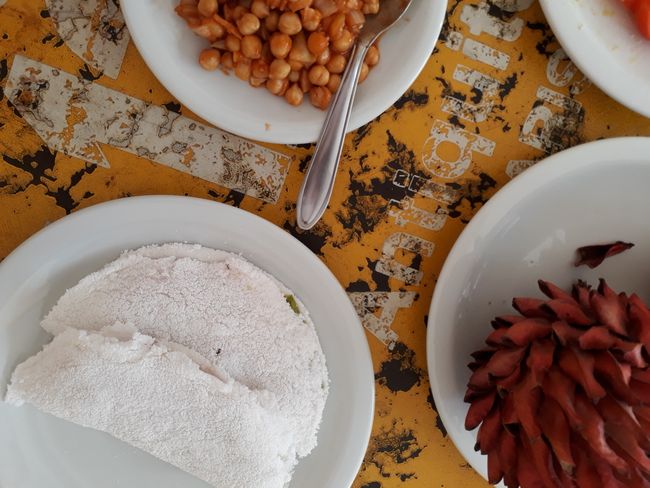

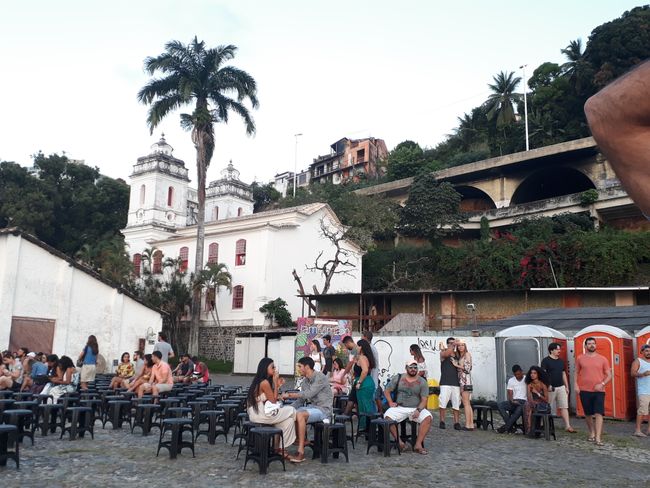
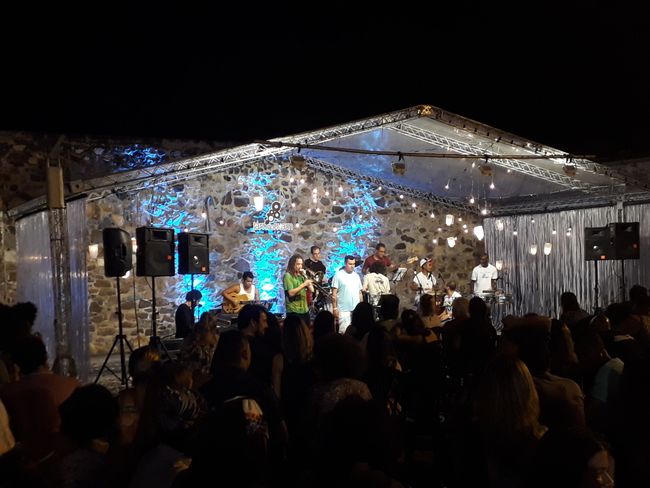
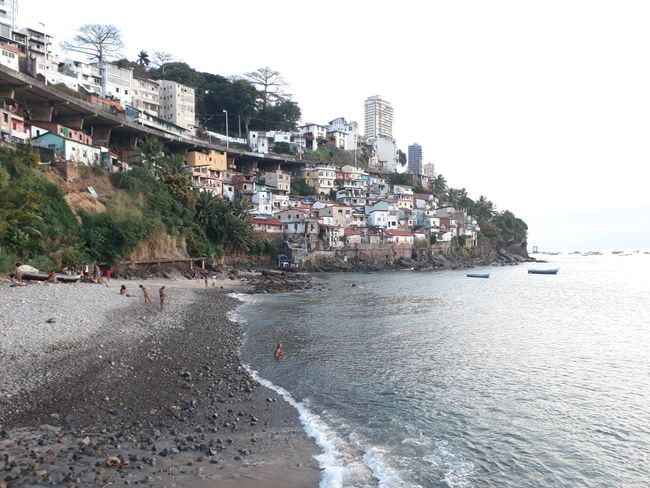
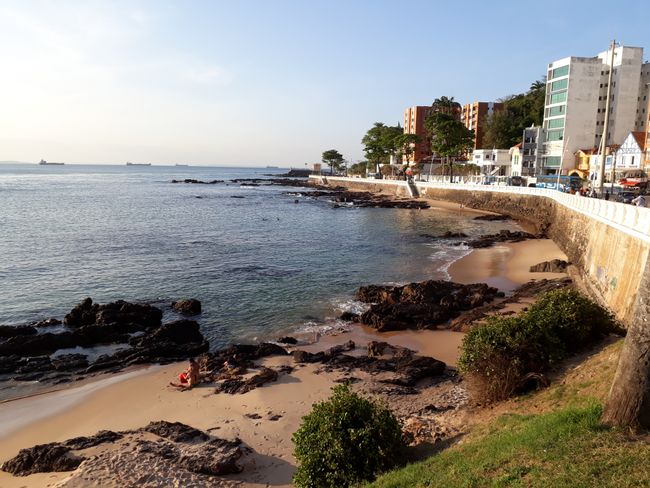
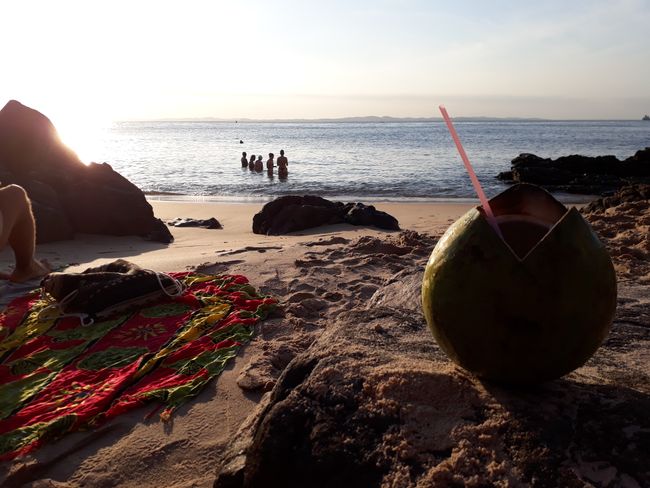
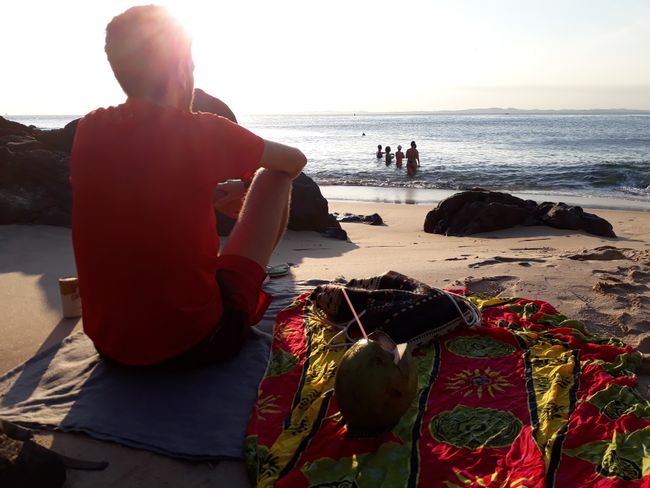
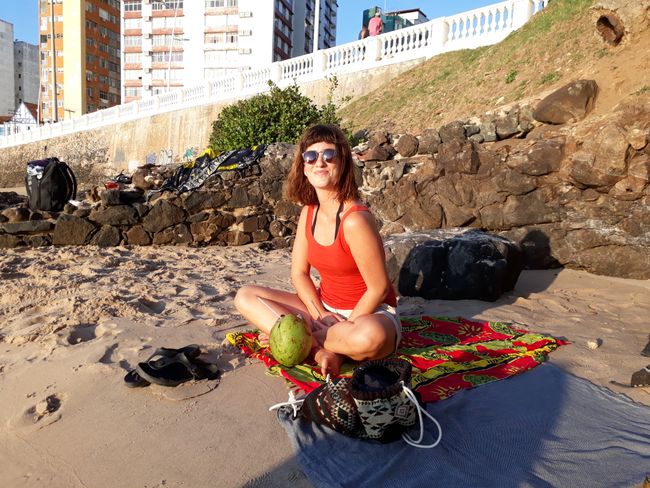
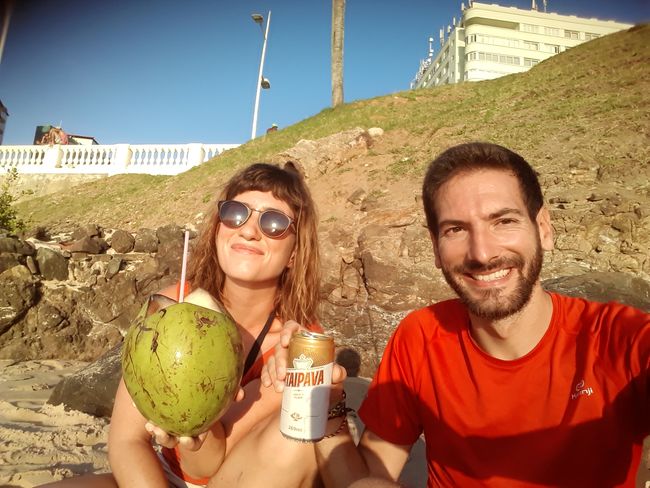
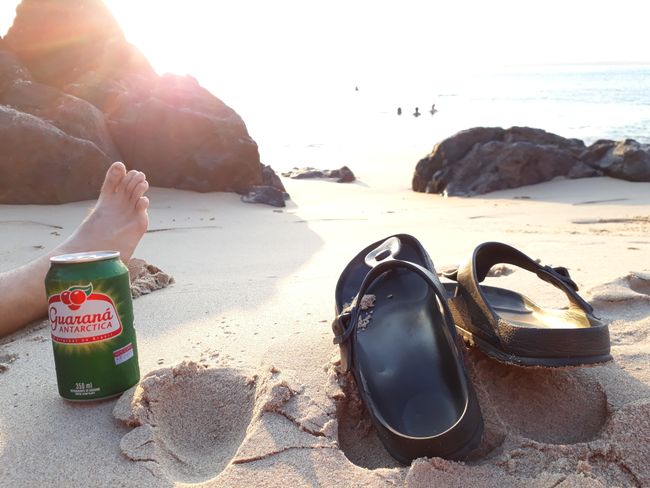
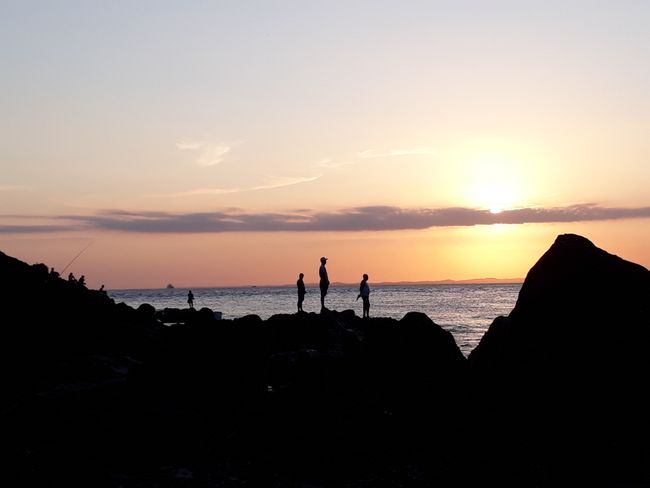
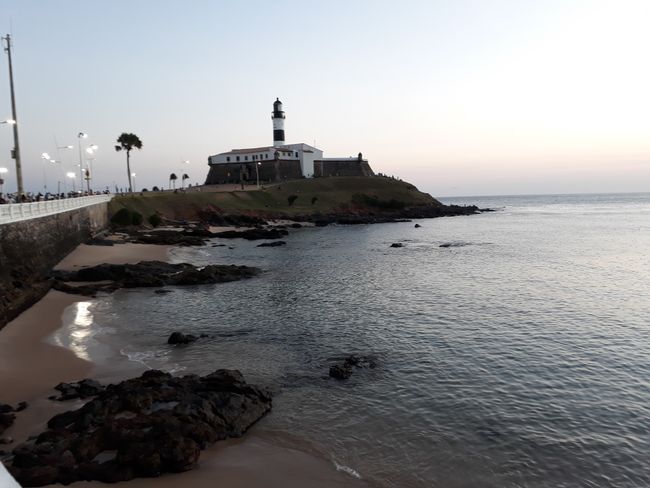
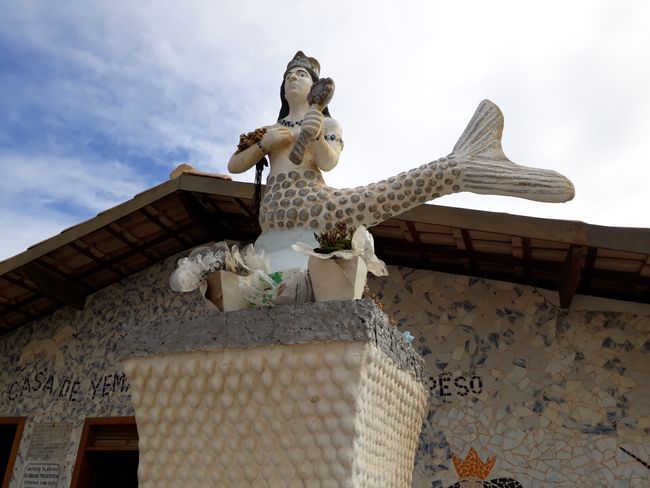
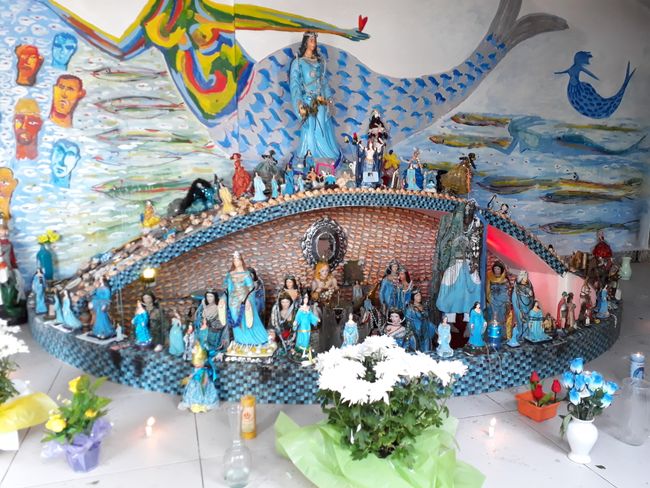
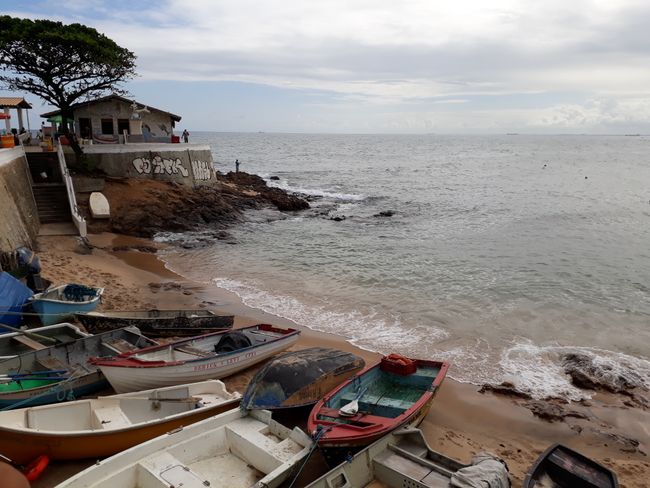
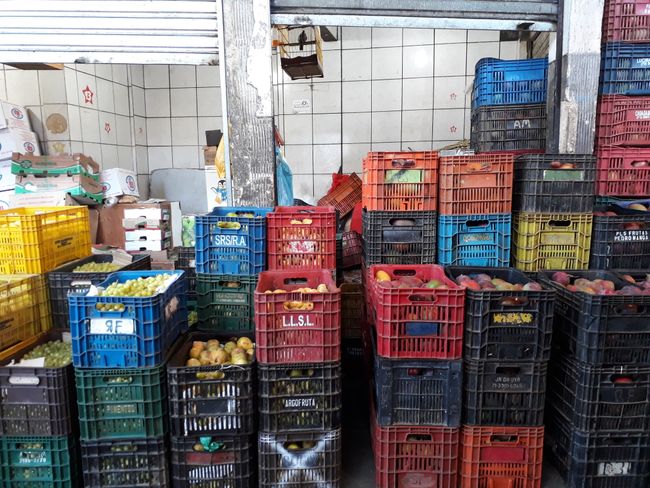
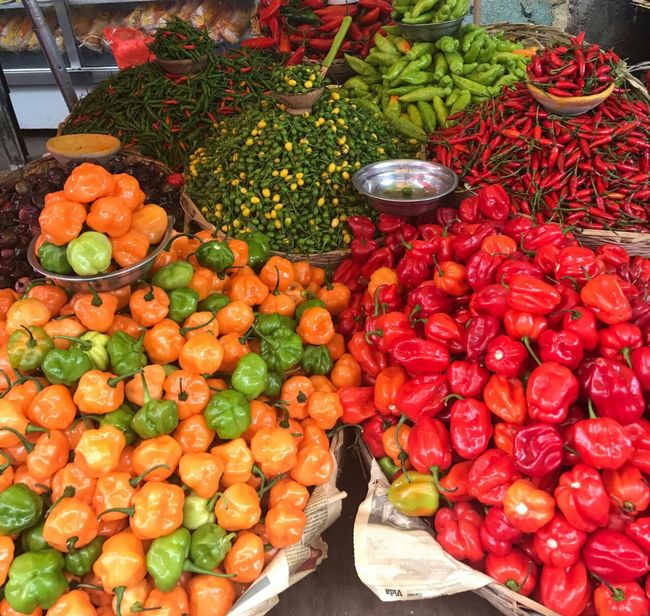
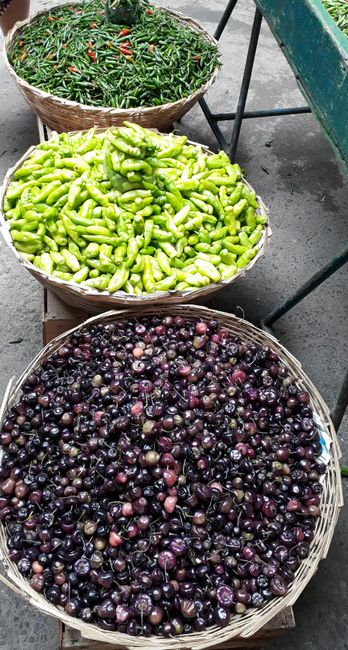
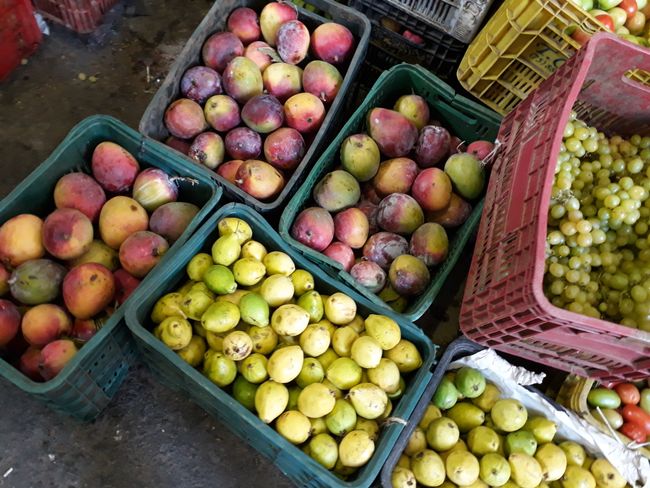
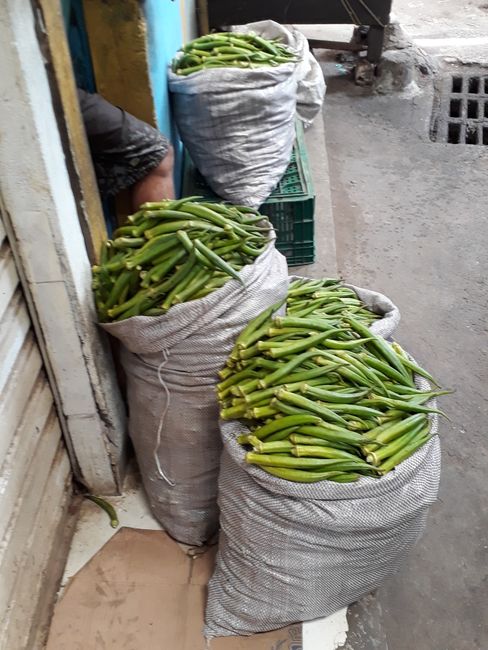
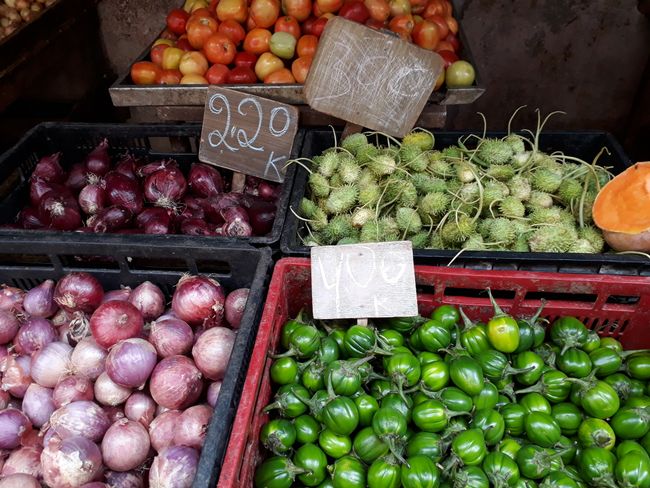
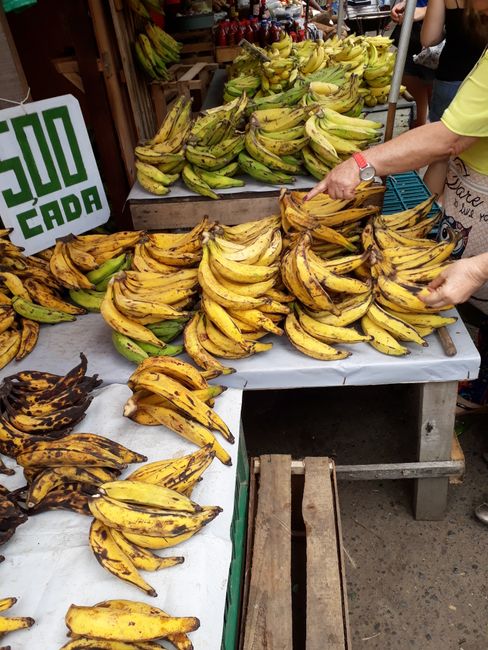
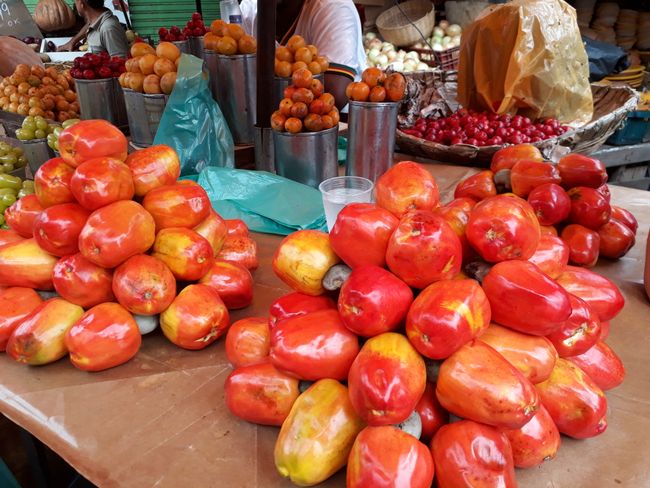
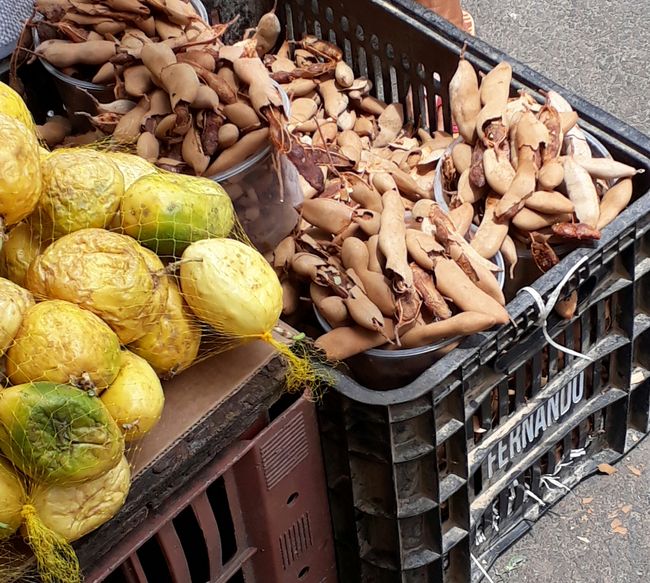
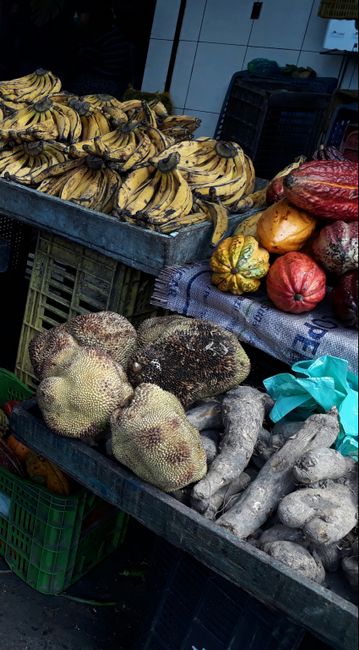
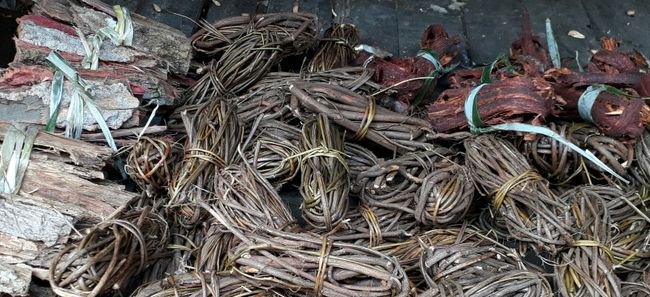
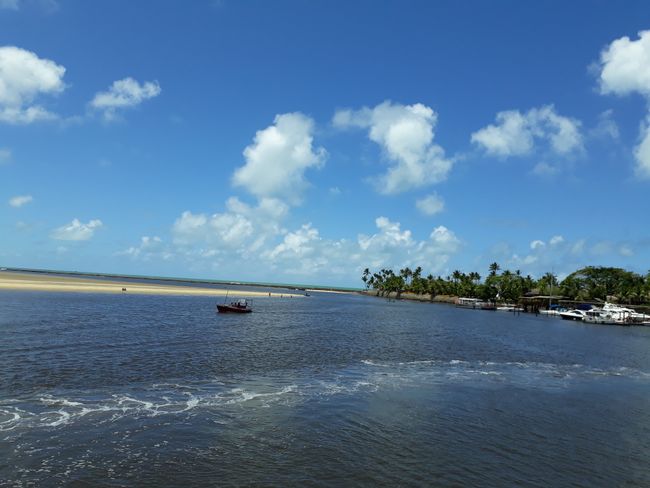
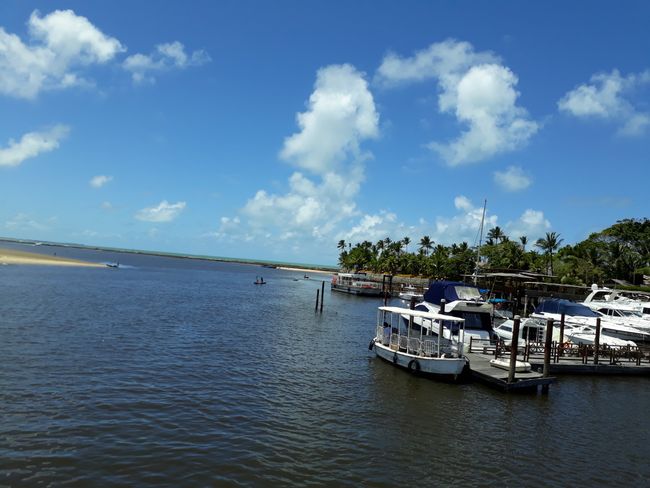
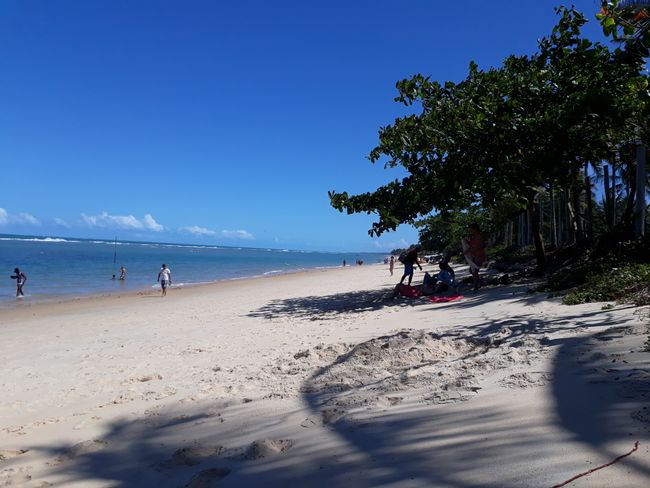
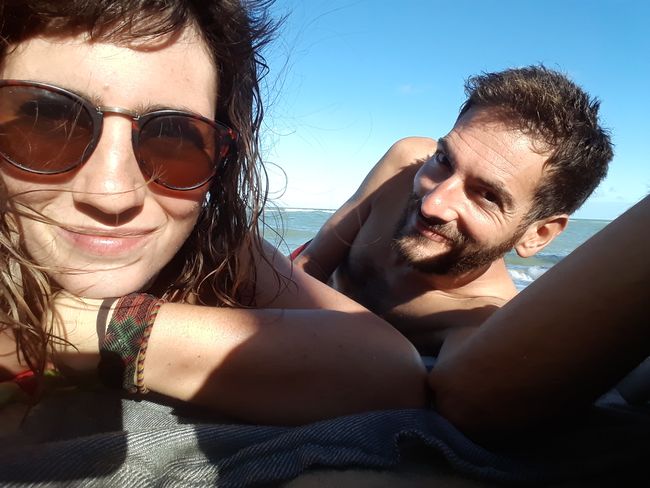
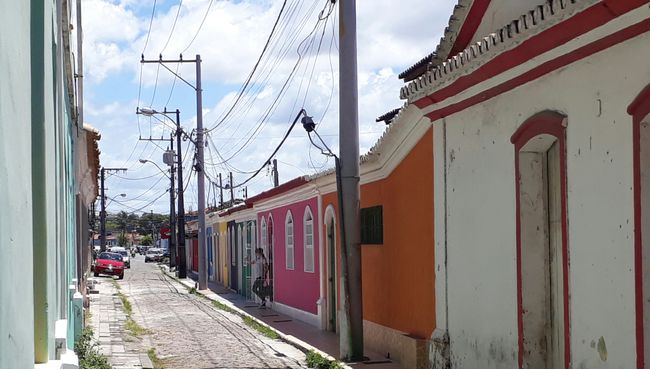
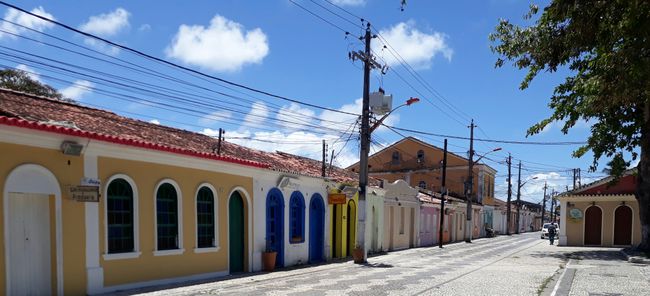
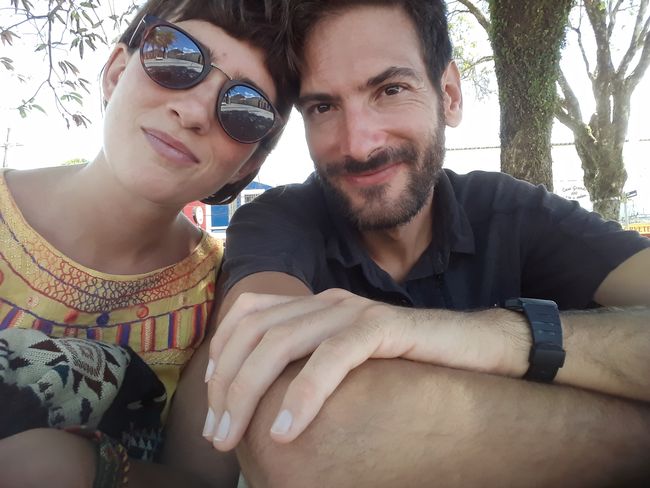
Ngolisa ho Newsletter
We have decided to fly from Manaus to Salvador da Bahia as the journey over land or water is very long and our trip is slowly coming to an end. Flying saves a lot of time in this case. In Salvador, which is influenced by Afro-Brazilian culture, we will take a Portuguese course for two weeks and learn a lot in a short amount of time, since the language is very similar to Spanish. Sometimes this similarity also leads to some confusion 😉 Although the northeast of Brazil is one of the poorer regions of the country, Brazil feels like the first world compared to Colombia... of course, this is very subjective and factually incorrect, but in general, it is much cleaner, more organized, modern, and more expensive than Colombia. We live in the middle-class neighborhood of Barra, which is right on the beach, where we usually spend our time after the language course, taking walks, swimming, and enjoying delicious food like Acaraje (fried bean patties, similar to falafel, but made from beans) and Tapioca crepes (so delicious!). There is always a lot going on at the beach, with music, singing, and dancing. You can watch the physically expressive Brazilians for hours, enjoy the sun, and sip on Caipirinha or Caipiroska 🍸
In Bahia, the Afro-Brazilian culture is very lively, and many descendants of African slaves live in Salvador. On one hand, African soul is reflected in the music, with drums and percussion being very important here. On the other hand, the Candomble religion is also very present here. It is a mixture of Catholicism and African religions. In the past, the worship of the African Orixas was forbidden, so they used Catholic saints, hiding images of their Orixas to worship them. Every Tuesday evening, there is a large Candomble service in a packed church in the historic Pelourinho district, which is absolutely worth seeing. Even as non-believers, we were captivated by the music, prayers, and dances for the black saints. After this service, there is a drum spectacle organized by the Olodum school... if you search for the video "they don't care about us" by Michael Jackson on YouTube, you can see some corners of the Pelourinho district as well as the Olodum drummers 😊
One evening, we attended a jazz concert that took place open-air right next to the sea at the Museum of Modern Art. It was also influenced by Brazilian music, with a lot of percussion, etc. There were plenty of young and beautiful people there; it's impossible to take it all in! We were also very impressed by a dance theater performance that took place in a very small setting. In addition to Samba and Capoeira, there were also dances dedicated to the Orixas, with special emphasis on the sea goddess Yemanja, as the many fishermen in Salvador depend on the sea for their livelihood. It was full of energy, joy, and acrobatics, truly recommended. Even David sat there with his mouth open, even though he initially didn't want to come 😉
We visited a market again, outside the city center, and were not disappointed! It was crowded, chaotic, with motorcycles and hand carts, and lots of local fruits and vegetables such as maxixi, umbu, tamarind, coconut, mango, many types of chili peppers, caju (cashew apple with a cashew nut that we are familiar with),... yuca is also very important in the kitchen here, just like in Colombia. Corn is consumed here as well, but much less than in Colombia or Central America, which makes it difficult for me to find gluten-free alternatives...
From Salvador, we are going to Porto Seguro in the south of Bahia. This is where the first Portuguese settlers arrived, and today it is a small holiday resort where mainly Brazilians and Argentinians vacation. We will spend some quiet days here, go to the beautiful beach of Arraial d'Ajuda, and eat our last Acarajes, which probably won't be available in the rest of Brazil anymore...
So far, we really like it here. We are glad that we ultimately chose this route, as it allows us to experience a completely different culture and language. Brazil is incredibly musical and captivating, always a sight to behold!! Next stop, Rio!!
From Manaus, we took a flight to Salvador de Bahia, the center of Afro-Brazilian culture, where we will not only visit the city but also take a short Portuguese course for 2 weeks. We attend classes every morning from 9 to 12:30, so we have plenty of time to do other things. The neighborhood where we are staying is called Barra and is very close to the beach promenade. It is a quiet middle-class neighborhood, and there are not many tourists in the area where we are. The beaches are always quite busy and have a lively atmosphere with lots of music, dancing, and good food!
Here in Bahia, there is a religion called Candomble, which is a mix of Catholicism and African religions. On Tuesdays, there is a Candomble ceremony at the Church of the Rosary of the Blacks, and we went to see it. This church was built by and for the slaves, and they used the saint figures to actually worship their gods, the orixas, but they did it this way because only the Catholic religion was allowed. The ceremony is like a Catholic Mass with a priest, but the Afro-Brazilian music and dances are the main focus. Prayers are directed to the saints, and people experience it very intensely. Even if you are a convinced atheist, attending this Mass is mandatory ;-).
The church is located in the Pelourinho neighborhood, the historic center of the city. Its colonial houses are very eye-catching, and there is always live music to listen to in the afternoons. If you search for Michael Jackson's clip 'They don't care about us' on YouTube, you can see some of the streets in the neighborhood. And the percussion band that appears in the video called Olodum is also from Salvador, and on Tuesdays, they parade through the streets of Pelourinho for free.
But not everything here in Salvador is Samba and Candomble. We also went to a very cool and cheap jazz concert next to the Museum of Modern Art. The school also recommended us to attend the city's folklore ballet, and it was amazing. I haven't been to many folklore dances in my life, but this one has to be one of the most adrenaline-pumping dances in the world. It starts off a bit softer with representations of the dances with the orixas and the fisherman's dance, but when they start doing their capoeira moves or fighting with sticks, it's mind-blowing, highly recommended. Plus, it's a very small theater, and you're very close to the dancers.
Another great thing about Bahia is its cuisine. There are even vegetarian options, such as Acaraje (similar to falafel but made from beans) or tapioca crepes. However, the prices of things at street stalls are more unpredictable than the stock market, especially if you are a tourist, so it's always better to ask for the price before buying But here, it's traditional to eat dishes with fish or shrimp since fishing has always been very important in Salvador. They even have a small monument and many paintings in the streets dedicated to the goddess of water, Yemanja.
Another day, we went with the school to the São Joaquim fair, where we could see an authentic market in Salvador. It's not a place to go every day, as there are so many people, cars, and motorcycles everywhere, which can be a bit stressful, but here you can see many local fruits and vegetables, such as maxixi, tamarind, umbu... many types of chili peppers, etc.
After Salvador, we are going to Porto Seguro, the first Portuguese settlement in Brazil. It is a small tourist town with beautiful beaches. The good thing is that it is mainly Brazilian tourists, which makes you feel much better than when you only see foreigners . And from here, we will take a bus to Rio de Janeiro!!
Ngolisa ho Newsletter
Araba
